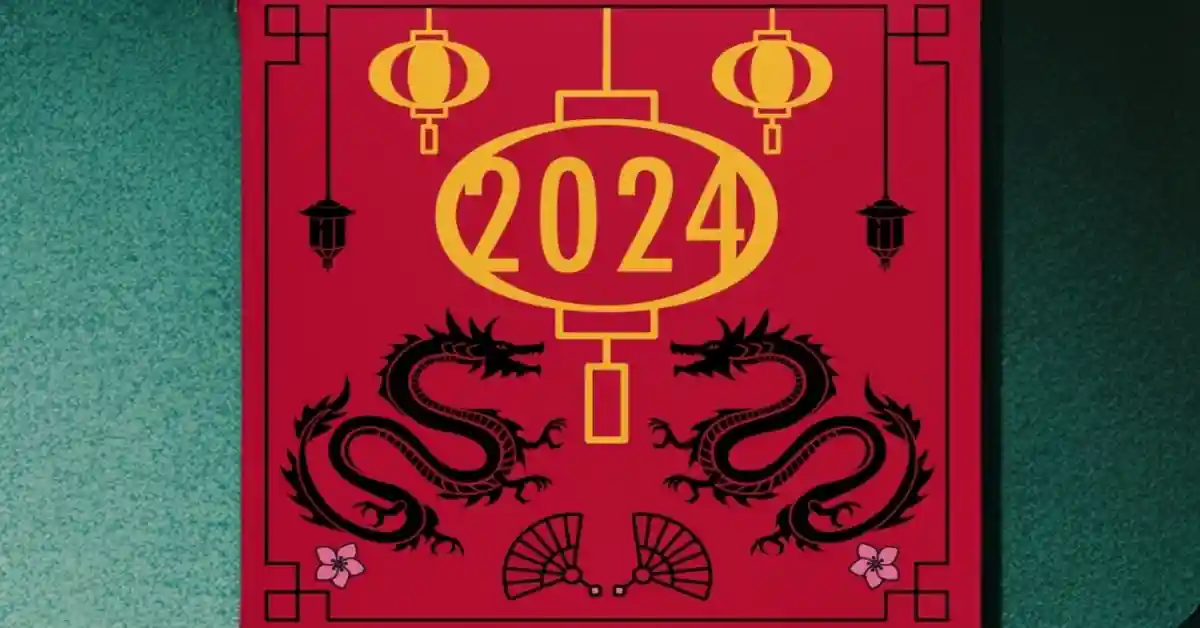Table of Contents
The centuries-old tradition of lighting festive explosives during the Lunar New Year in China has faced significant challenges in recent times. Once resembling war zones, Chinese cities experienced a decline in the use of fireworks due to concerns over fire safety and air pollution. This shift has ignited a debate over heritage preservation and governmental overreach, leading to protests and discussions on the significance of this cherished tradition.
The Evolving Landscape
In Hangzhou, a tech hub in China, the vibrant fireworks markets boast an array of sparklers, rockets, and pyrotechnic delights, catering to enthusiasts fortunate to live in areas where fireworks are still permitted. However, the traditional booms and bangs have vanished from many towns, prompting discussions on the impact of restrictions on the Chinese New Year atmosphere.
Heritage vs. Safety
The debate intensifies as some argue that fireworks are a crucial part of the Chinese New Year, contributing to the festive atmosphere and happiness. Local store owners, such as Mr. Ye in Hangzhou, emphasize the tradition passed down through generations, asserting that the absence of fireworks creates a void in the cultural celebration.
Chinese New Year Governmental Stance and Public Response
In response to concerns and restrictions, authorities have sought a delicate balance between preserving heritage and ensuring safety. Recent developments indicate a shift in policy, with lawmakers declaring it “illegal” for local governments to impose blanket bans on fireworks. State broadcaster CCTV has echoed public sentiments, asserting the people’s right to enjoy splendid fireworks after a year of hard work.
Economic Considerations
Beyond cultural and safety considerations, economic interests also play a significant role. China’s pyrotechnic-producing province, Hunan, heavily relies on exports, with bans potentially damaging supply chains and eroding trust in the product. The government, grappling with post-Covid economic challenges, recognizes the economic stakes tied to the fireworks industry.
Regional Disparities and Creative Solutions
While Hangzhou has expanded areas where fireworks are allowed, cities like Beijing and Shanghai enforce stringent bans on even small fireworks in urban areas. Residents, driven by tradition, sometimes resort to clandestine activities, such as traveling to neighboring regions to purchase and set off fireworks.
Sneaky Sparklers and Defiant Celebrations
Instances of residents clandestinely lighting sparklers and defying restrictions highlight the emotional connection people have with this tradition. The ban on fireworks became a flashpoint for dissent in 2023, symbolizing resistance to perceived overreach after the end of strict Covid measures.
Economic Realities and Consumer Behavior
The economic environment significantly influences consumer behavior, as seen in Hangzhou, where reduced spending on fireworks reflects economic uncertainties. Shop owners acknowledge a decline in sales, attributing it to people hesitating to witness their money disappear in seconds.
A Delicate Balance
As authorities consider future policies, they face the challenge of balancing cultural heritage, safety concerns, and economic interests. The beloved tradition of setting off fireworks symbolizes more than just a spectacle; it represents a wish for peace and a beautiful blessing, as expressed by a customer in the Jiang family’s store.
Conclusion
The debate over the Chinese New Year fireworks tradition reflects a complex interplay between cultural heritage, safety considerations, and economic realities. As authorities navigate these challenges, finding a delicate balance becomes crucial to preserving a tradition deeply rooted in the hearts of the Chinese people. In the ever-evolving landscape of regulations and public sentiment, the fireworks tradition remains a powerful symbol of celebration and a wish for peace amid changing times.
Previous Post
